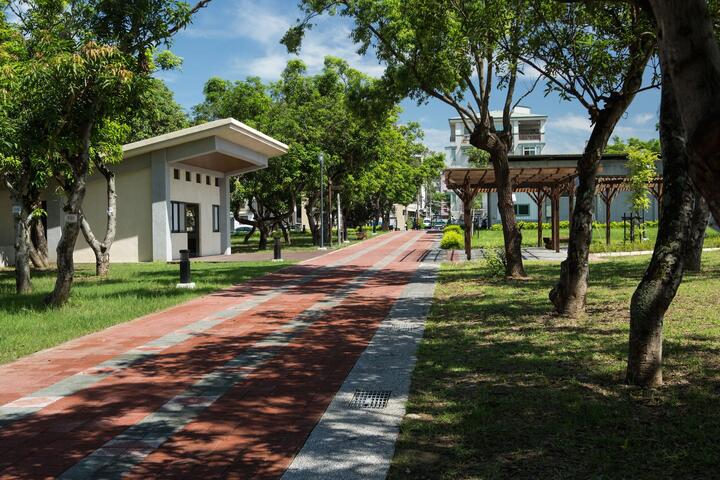Pinglin Forest Park Introduction
無

無
Address:No. 2, Zhongshan Rd., Taiping District, Taichung City 411 (Opposite 803 Military Hospital)
無
Pinglin Forest Park Travel Information
Address:No. 2, Zhongshan Rd., Taiping District, Taichung City 411 (Opposite 803 Military Hospital)
Other Nearby Attractions: Tung District Arts and Culture Center 、 Taiping Cigarette Shop 、 Dazhenfeng Umbrella Cultural Creative Theme Museum 、 Barking Dog Pothole Ecological Landscape Trail 、 Toupian River Bikeway 、 Dakeng Scenic Bridge 、 Dakeng Pink Lover Bridge 、 New Taipei City Ecological Park 、 Treasure Forest Abandoned Furniture Recycling Center 、 New Taipei City Western Art Museum
Nearby Cuisine: Shui Mou Tea House 、 Bulao Kitchen - Taichung New City Store 、 Shin Yeh Dining Group - Dong District Branch 、 Shu Tai Lao Japanese Set Meal - Taichung Dongshan Store 、 Happy Good Food Cafe 、 DK9 Dakeng No. 9 、 Pear Cafe - Chongde Branch 、 Port Town No. 13 (Shuangshi Branch) 、 Tian Chu Traditional Breakfast 、 Banyue Shao Xian Bing Specialty Store - Yichung Main Store